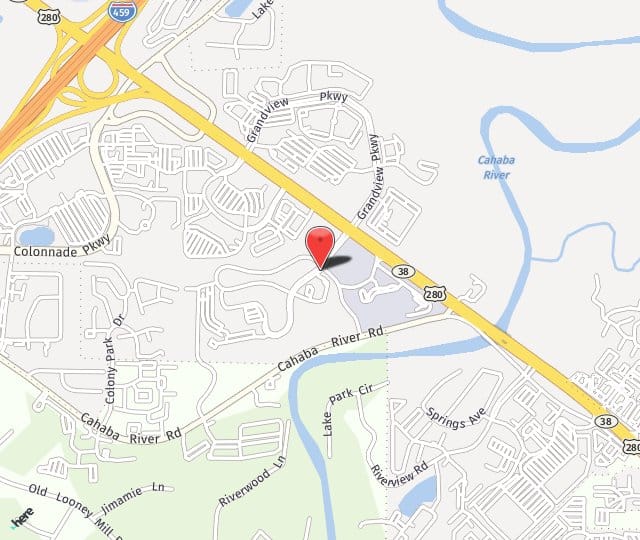
But what if your heart rate just starts going crazy without exercise? Then you’d have tachycardia, and you may need Dr. Smith to help you get your heart back to normal rhythm.
What is tachycardia?
To have tachycardia, a person needs to have a heart rate of over 100 beats per minute. This isn’t the result of exercise or other reasons for an increased heart rate. Tachycardia patients usually have electrical signals that are firing abnormally in the heart’s upper or lower chambers.
Different types of tachycardia
- Atrial tachycardia— This fast heart rate starts in the upper chambers of the heart. The electrical signals in the heart’s upper chambers fire abnormally. This interferes with electrical impulses coming from the sinoatrial node, which is the heart’s natural pacemaker. This disruption results in a faster than normal heart rate. Because the heart is beating too quickly, this keeps the heart’s chambers from filling completely with blood, and this compromises blood flow to the rest of the body.
- Sinus tachycardia— This is a normal increase in heart rate. In this form of tachycardia, the heart’s natural pacemaker, the sinoatrial node, sends out electrical signals faster than normal. This can be due to a fright in a Halloween haunted house or a reaction to fever or emotional distress.
- Ventricular tachycardia— Ventricular tachycardia is a fast heart rate that starts in the heart’s lower chambers. This type of arrhythmia may be either well-tolerated or life-threatening. The seriousness depends largely on whether other cardiac dysfunction is present and on the degree of tachycardia.
Treating tachycardia
Dr. Smith has various treatment options for tachycardia. Some patients won’t require treatment, just monitoring moving forward. Dr. Smith’s treatment approach will depend on the type of tachycardia and how the patient is reacting.
Do you have a heart rate of over 100 beats per minute? You could have tachycardia. Call Dr. Smith at (205) 510-5000, as he should examine you to see if you need treatment.

